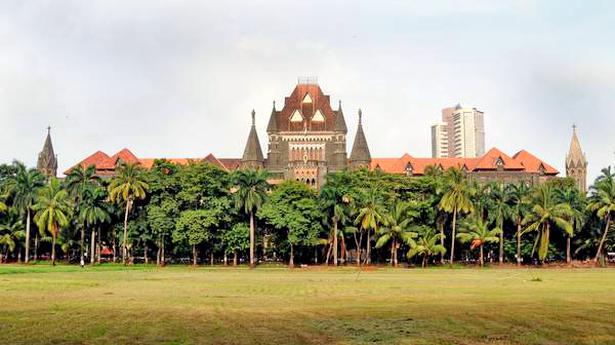
Skin condition: Bombay HC dismisses plea for job in Border Roads Organisation
The Hindu
Disorder may harm or interfere with performance of his duties, it says
The Bombay High Court recently dismissed the plea of a young man for joining the Border Roads Organisation (BRO) as a driver as he is suffering from a skin condition called “presternal keloid chest”. The BRO is an integral part of the armed forces.
A division bench of Chief Justice Dipankar Datta and Justice VG Bisht noted, "It cannot be simply said the petitioner is expected only to drive vehicle and nothing else. It amounts to wearing uniform and facing very severe climatic conditions in service which in turn, having regard to skin disorder, may harm or interfere with performance of his duties. As such, it needs to be said and repeated that by no yardstick the petitioner was found to have sound physical qualities."
Sayyad Kachruddin, 29, moved court challenging the BRO’s decision of declaring him “permanently medical unfit” for the job of a driver mechanical transport (ordinary grade).
Mr. Kachruddin applied for the post and cleared the written exam. When he underwent medical examination he was found to be “Medical Permanently Unfit” due to chest keloids, cardiac murmur and coarse digital tremor. In his medical review he was declared, "Unfit in skin” due to “presternal keloid chest” and his candidature was cancelled.
He was shocked that a non–debilitating skin condition could be a ground to declare him unfit for employment. He sought the opinion from independent doctors, who held that such a condition would not render him to be unfit for employment. He then moved the court.
The court was informed that the personnel of the BRO are deployed for the construction of roads and bridges for the Army and other agencies in extremely remote and far–flung areas of the northern and the northeastern parts of the country including high altitude and snow bound areas.
The bench took into consideration a medical opinion, “Keloid is a chronic and recurrent skin disorder and can gradually expand over years. Trivial local trauma which is unavoidable in military service is a known aggravating factor for keloid. Treatment of keloid requires frequent outpatient visits with some modalities of treatment aggravating the condition. Keloids also interfere with wearing military clothing and equipment, afecting satisfactory performance of military duty thereby not meeting standards of recruitment in the armed forces.”











